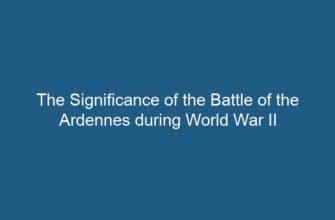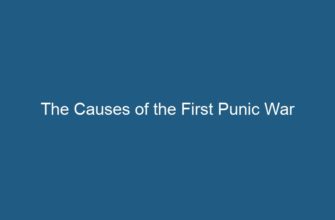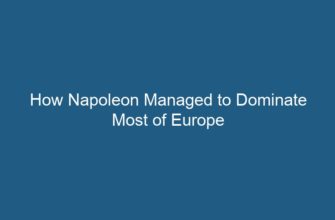Athens and Sparta, two prominent city-states in ancient Greece, shared both similarities and differences in various aspects of their societies. This article aims to provide a comprehensive analysis of the contrasting characteristics of Athens and Sparta, highlighting their political systems, social structures, military strategies, cultural practices, and economic activities.
Contents
Political Systems
Athens:
- Athenian government was a democracy, where decisions were made by the citizens through direct participation in the Assembly and other institutions.
- The Assembly, consisting of male citizens, had the authority to pass laws, elect officials, and make important decisions.
- The Council of 500, selected by lot, prepared legislation and supervised the daily affairs of the city-state.
Sparta:
- Spartan government was an oligarchy, where power was in the hands of a few privileged individuals.
- The two kings, who acted as military commanders, ruled alongside the Council of Elders, consisting of 28 men over the age of 60.
- The Ephors, elected annually, were responsible for enforcing laws and managing the city-state.
Social Structures
Athens:
- Athenian society was divided into three main classes: citizens, metics (foreigners), and slaves.
- Citizens, mostly of Greek descent, had political rights and participated in the democratic processes.
- Metics, although not citizens, contributed to the city’s economy through various occupations.
- Slaves, who were usually prisoners of war, had no rights and were considered property.
Sparta:
- Spartan society was divided into three groups: Spartiates (full citizens), perioikoi (free non-citizens), and helots (state-owned slaves).
- The Spartiates, descendants of the original inhabitants, enjoyed political rights and were expected to serve in the military.
- The perioikoi, free individuals who were not citizens, played a crucial role in trade and manufacturing.
- The helots, enslaved population, worked in agriculture and served the Spartiates.
Military Strategies
Athens:
- Athenian military focused on naval power and was known for its formidable navy.
- The Athenian army consisted of hoplites, heavily armed infantry soldiers, who fought in a phalanx formation.
- They relied on their strong navy for protection and to maintain control over trade routes.
Sparta:
- Spartan military was renowned for its land-based forces and their superior fighting skills.
- The Spartan army consisted of highly disciplined hoplites who underwent rigorous training from a young age.
- They emphasized collective strength and discipline, with the goal of producing an unbeatable army.
Cultural Practices
Athens:
- Athenians valued education, arts, philosophy, and intellectual pursuits.
- The city-state was home to renowned philosophers like Socrates, Plato, and Aristotle.
- Athens hosted grand festivals, including the Panathenaic Games, celebrating their patron goddess Athena.
Sparta:
- Spartans prioritized military training and physical fitness over intellectual pursuits.
- They believed in strict discipline and obedience to the state.
- Artistic and intellectual endeavors were not highly valued in Spartan society.
Economic Activities
Athens:
- Athens was a prosperous city-state with a diverse economy.
- The city-state engaged in trade, manufacturing, and agriculture.
- Athens had a strong maritime trade network and was a center for artisans and craftsmen.
Sparta:
- Sparta’s economy was primarily based on agriculture, with a focus on producing enough food for its citizens.
- Trade and industry were less significant compared to Athens.
- Spartans discouraged excessive wealth and material possessions.
Conclusion










